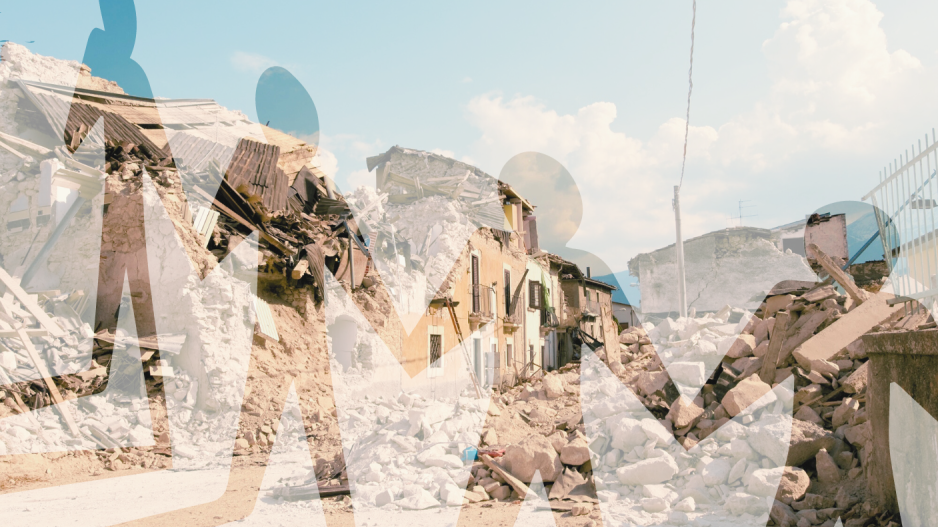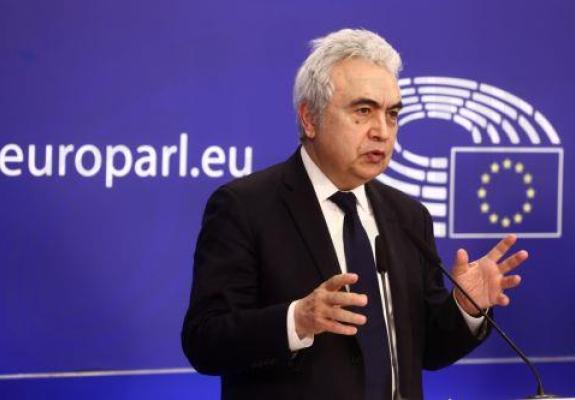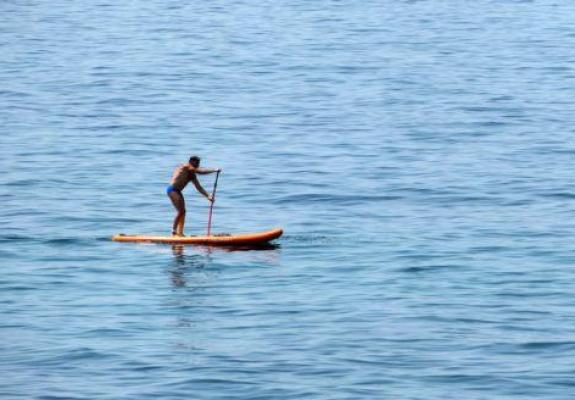The Earthquake That Brought Us Closer
The Mediterranean region has been under high tensions, not only in recent years, but throughout its history. The crisis of 1974 paved the future of relations between Turkey, Greece, and Cyprus which have kept the region and the EU on its toes ever since. The crisis left the island divided by a UN Peacekeeping border, The Green Line, where the Turkish Cypriots reside in the north, and the Greek Cypriots reside in the south. There have been several attempts made to provide solutions to the 50 year long divide.
Turkey is adamant on a two-state solution, rendering the island in a permanent state of division. Greece rejects the proposed solution, as per statements from the Greek Foreign Ministry, “Turkey’s unacceptable claim for a so-called “two-state solution” undermines any effort to resume negotiations for the settlement of the Cyprus issue within the framework of UNSC Resolutions.”
More recently, Cyprus’ natural gas excavation efforts have placed further stress on their relations with Turkey and northern Cyprus. The involvement of US and EU energy companies such as Eni and TotalEnergies have played their role, too, inducing feelings of exclusion and neglect on behalf of Turkey. The activities pertaining to drilling for natural gas have a poor impression on Turkey, as they view them to “violate the rights of the Turkish Cypriots, who are one of the co-owners of all natural resources of the island”, expressed the Turkish foreign minister spokesperson, Tanju Bilgic.
However, the earthquake that hit Turkey and Syria in early February this year shook the region to its core. We witnessed multiple countries worldwide, including Greece and Cyprus, rushing to reach out and help in any way possible.
This horrific event had somewhat of a silver-lining. It presented an opportunity for Cyprus and Greece to extend their compassion and solidarity to victims of the earthquake. Extensions of humanity not often seen in the region were welcomed in an effort to show that, despite the political unrest and turmoil, we are all simply humans who are capable of compassion, and empathize with each other.
Cyprus had readied a rescue team to arrive in Turkey to offer aid, but this action was met with rejection from Turkey, claiming that they no longer needed help. The earthquake also impacted Cyprus, leaving 39 deceased in the north. The earthquake claimed the lives of a Turkish Cypriot volleyball team of school students, an event felt throughout the island. In response, Cyprus prepared a campaign to collect resources, as well as financial, to donate to victims of the earthquake. Cyprus’ House President, Anna Demetriou, commented that “there is deep sadness and unimaginable pain for the unjust loss of our fellow human beings and compatriots.” The European University of Cyprus had also initiated a helping action in collecting resources to support victims both in Turkey, and in Syria.
Greek Foreign Affairs Minister, Nikos Dendias, visited Turkey to clearly exemplify Greece’s intent to help, just days after Greek rescue teams had arrived in Turkey. Nikos Dendias sought a beginning of warmer relations between Greece and Turkey, stating “we should not have to wait for an earthquake or some sort of natural catastrophe to improve relations between us.” The rescue teams “began looking for survivors. When they pulled a boy from under the rubble, locals clapped as television cameras filmed the rescue”.
In a possible response to these developments, Turkey surprisingly canceled its large military exercise which targets Greece and Cyprus, titled “Blue Homeland.” It could be wishful thinking to consider that this extent of goodwill was in response to the immense efforts put forth by Greece and Turkey, but it is likely that the reason is much simpler. Turkey’s military forces are helping affected areas recover.
A rare and interesting development, however, was that of Turkish citizens in Ankara were seen clapping for the Greek flag. This instance was captured by Christodoulos Lazaris, Greek Ambassador to Ankara, where he noted that “you can also see it on the road that stops at the traffic lights, people see the Greek flag on the car, start clapping… all this is very human… we hope that the leaders here will capitalize on this desire of the people to have a rapprochement with our country.”
In seeking insight from experts in the foreign affairs between Cyprus, Greece, and Turkey, we spoke with Harry Tzimitras, Director of the Peace Research Institute Oslo (PRIO) Cyprus Center. He shared with us that:
“The unfortunate dual calamities hitting Turkey and Greece in the first half of 2023 in the forms of a devastating earthquake and horrendous train crash respectively, revived memories of the summer of 1999, when two major destructive earthquakes hit Istanbul and Athens. What ensued was a great period of rapprochement that lasted for nearly a decade and was characterized by shared feelings of camaraderie between the two peoples, an environment of calmness, mutual prosperity, and international cooperation, bilaterally and beyond.
Although the natural catastrophes were credited for the rapprochement, what they actually did was not to bring it about but allow it to be legitimized in the domestic constituencies of the two states. Indeed, the political decision for reconciliation was reached two years before, c. 1997, by then Foreign Ministers Papandreou and Cem. The earthquakes though, uniting the people by the bonds of common suffering, made the public realize the futility of some of the disputes or at least the value added in their bypassing and allowed the political elites to proceed with a constructive agenda that enjoyed legitimacy and public acceptability.
All of this though, as well as the progress achieved in those ten unprecedentedly constructive years of rapprochement, was political will on the part of the leaders. The difficult times currently experienced by the publics in Cyprus, Greece, and Turkey, due to various global and local challenges as emphasized by the sad reality of the latest disasters, should prompt us to think realistically and out of the box, not only letting the political elites to work for reconciliation but empowering, prompting, and even compelling, them to do so. Every tragedy contains an opportunity; as, equally, every tragedy produces leaders or confirms leadership.”
The diffusion of century-long hostility between Turkey, Greece and Cyprus has been a long sought objective. Providing aid in any way possible is a great step towards a constructive future, however, as the Greek Foreign Minister stated, we should not wait for nature to have its way with us. We must remain proactive in creating a sustainable and favorable future for all in our region.






